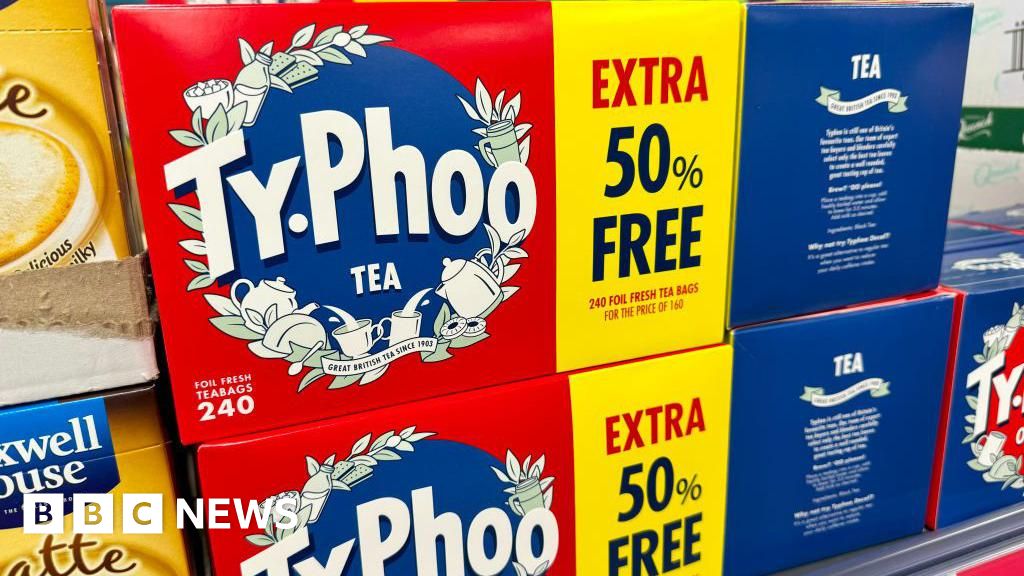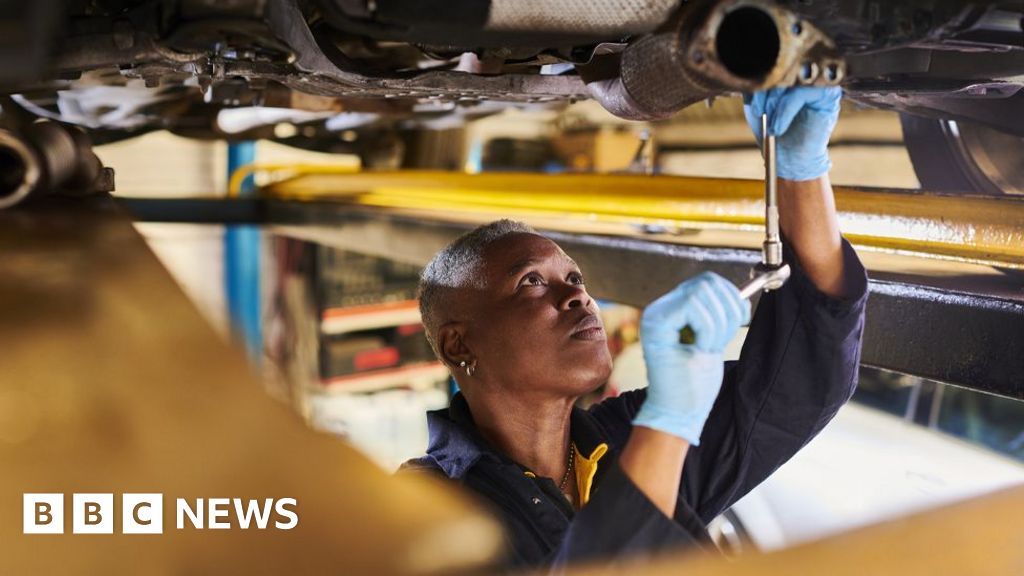ARTICLE AD BOX
Image source, Getty Images
House prices in the UK grew at the fastest pace in 15 years over the past three months, the Halifax has said.
House prices rose 3.4% in the three months to the end of November, the sharpest increase since late 2006, and are 8.2% higher than a year earlier.
The average UK property price hit a fresh record high of £272,992 in November, the mortgage lender said.
However, it said the pace of growth was unlikely to continue next year as household finances come under pressure.
Property shortage
House prices in the UK have been rising for the past five months, Halifax said.
This was "underpinned by a shortage of available properties, a strong labour market and keen competition amongst mortgage providers keeping rates close to historic lows," said Russell Galley, managing director of the Halifax.
The coronavirus pandemic has added pressure to the housing market, with the stamp duty holiday that fuelled earlier demand, although there have been fewer completions since the tax break ended at the end of September, Halifax said.
Borrowing costs are cheap due to record low interest rates making mortgages more attractive, and the jobs market is booming.
There has been a so-called "race for space" as people spending more time at home during the pandemic looked for larger properties - although there are signs this is easing as flats start to become more popular again, Halifax said.
Finances under pressure
However, the lender added that the fast pace of house price inflation is not likely to continue in the next year.
Interest rates are expected to rise to combat inflation, although when that will happen has been thrown into doubt by uncertainty over the Omicron variant of coronavirus.
But there are factors outside of the pandemic that point to a slower pace of house price inflation, Halifax said.
Houses have never been less affordable, it said, and "household budgets are only likely to come under greater pressure in the coming months".
Danni Hewson, a financial analyst at AJ Bell, said: "Lockdowns which forced many of us to spend weeks within the confines of our homes also made many of us rethink what it was we wanted from those four walls.
"Mix in a stamp duty holiday and you got a recipe to set the housing market on fire."
She said the market was "still toasty warm" even after the end of the stamp duty holiday.
However, she said uncertainty over the Omicron variant was "likely to slow the market and there is no doubt that the kind of price rises that we've seen over the last 18 months are unsustainable".

 2 years ago
71
2 years ago
71








 English (US)
English (US)